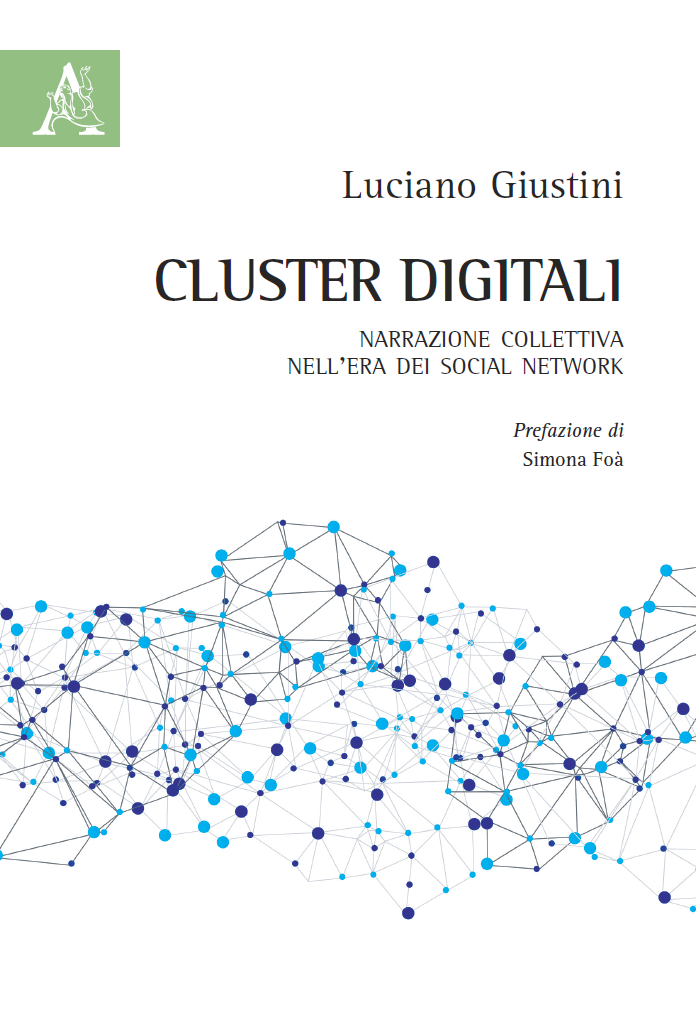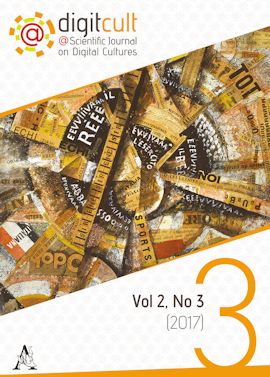 Il grande David Allen (un suo bel video è l'intervento a un TEDx su "The art of stress-free productivity") ha una newsletter nella quale dà pillole di saggezza sul suo metodo Getting Things Done, ovvero sul come fare per ottenere il miglior risultato compatibilmente con le proprie aspettative e le energie investite (che spesso sono molto superiori ai primi). Ecco l'estratto della sua ultima newsletter, che trovo piuttosto interessante. A seguire, dopo il salto, la versione tradotta da me in italiano.
Il grande David Allen (un suo bel video è l'intervento a un TEDx su "The art of stress-free productivity") ha una newsletter nella quale dà pillole di saggezza sul suo metodo Getting Things Done, ovvero sul come fare per ottenere il miglior risultato compatibilmente con le proprie aspettative e le energie investite (che spesso sono molto superiori ai primi). Ecco l'estratto della sua ultima newsletter, che trovo piuttosto interessante. A seguire, dopo il salto, la versione tradotta da me in italiano.
DAVID'S FOOD FOR THOUGHT
THREE COMMON REASONS WHY PEOPLE FLOUNDER
There are three common reasons why most people seem to flounder with their personal workflow. At least part of their systems lack one or more of three essential variables: consistent, current, and contextually available. This was reaffirmed for me in a coaching session I did with a senior executive. Here's what showed up:
Consistency: She had some phone call reminders on pieces of paper, some in her head, some on sticky notes stuck to the phone. Keeping the same kind of reminders about the same kinds of to-do's in different media in different places is hugely inefficient and confusing. Information or reminder triggers of a specific type must be kept in the same place, the same way, all the time. Otherwise we have to make the "what do I do with this?" decision with every such particle, and that throws up a quick barrier to engagement. She decided to go with simple file folders labeled "Calls - Work" and "Calls - Personal", as the best way to manage those, and sanity began to prevail.
Currency: No matter how consistent the system is, if it is not current (i.e. completely up to date with all items in a category) it still can't be trusted in a way that relieves the psyche of the job of remembering and sorting. You'll look at a list and some part of you knows it's not the whole list, so (a) you won't totally trust your choices and (b) you'll still try to use your head to keep track. And if your brain still has that job, instead of trusting your lists, you won't be motivated to keep your external system going (it will be too much work for the value received.) You'll feel like it's hard work to keep the list and will resist looking at it anyway because you'll know it's only partial and it will remind you that you're "behind."
Contextually available: She had been trying to organize action reminders by project or by topic, instead of by where the reminder needs to be seen in order to get it done. Project thinking and planning need to be seen by the title or topic, because that's when we need to see that information (when we're meeting or thinking about it). But reminders of the next actions required need to be seen where those actions can occur--phone calls when we're at a phone; errands to do when we're about to go out in our car; emails to send when we're at our computer; etc. Information and action reminders should always be stored in such a way that we are likely to see them when we need to see them, and can use or move on the data. If you store your Next Action reminders by what or who they're about, every time you're in a place where you can do work (at a phone, at your desk, in your car, at home) you'd have to look through dozens of folders or files to find reminders of all your opt! ions. And when you're running fast and only have a short window of time, you won't really check the whole inventory and you're likely to make choices from latest-and-loudest instead of objective overview.
Traduzione in italiano
Ci sono almeno tre motivi per i quali alla maggior parte delle persone sembra di affondare, con il flusso di lavoro. Ad almeno una parte di loro manca una o più delle tre variabili fondamentali: consistenza, correntezza e contestualità. L'ho ribadito in una sessione di coaching che ho fatto con un alto dirigente giorni fa. Ecco cosa si è detto:
Consistenza: Aveva alcuni reminders delle chiamate telefoniche scritti su fogli di carta, alcuni nella sua testa, alcuni su post-it attaccati al telefono. Mantenere lo stesso tipo di promemoria sullo stesso tipo di cose da fare in mezzi diversi ed in luoghi diversi è estremamente inefficiente e confusionario. Informazioni o promemoria di un tipo specifico dovrebbero essere conservati nello stesso luogo, allo stesso modo, e per tutto il tempo. In caso contrario, dobbiamo fare il check "Cosa devo fare con questo?" su ogni cosa, e questa routine getta un'ombra temibile sulla gestione efficiente. Così ha deciso di chiamare le cartelle con etichette semplici : "Chiamate di lavoro" e "Chiamate - personali", il modo migliore di gestirle. Ora tutto è tornato a posto.
Correntezza: Non importa quanto il sistema sia consistente, se poi non è in "correntezza" - cioè completamente aggiornato con tutti gli elementi in una categoria: non può ancora essere attendibile sì da alleviare la psiche della persona dalla routine di ricordare e di smistare. Potrai ad esempio trovare un elenco, ma una parte di te saprà che quella non è la lista completa, e in questo modo (a) non ti fiderai totalmente delle scelte e (b) proverai ancora comunque ad usare la testa per tenere traccia di tutto. E se il tuo cervello ha ancora quel tipo di attività in "rotazione", invece di confidare nella lista, non sarà motivato a mantenere il sistema in correntezza (perché sarà troppo complicato in relazione al ritorno). Alla fine ti sentirai come se fosse un lavoro troppo oneroso mantenere l'elenco e alla fine non lo guarderete neanche, perché saprete che è solo parziale, e in più vi ricorderà che siete "indietro".
Contestualità: Aveva cercato di organizzare i reminders operativi suddividendoli per progetto o per argomento, invece che per Dove il promemoria deve essere visto - in modo da farlo. E' vero, pensare al progetto e pianificarlo sono due attività che necessitano di essere "viste" in una suddivisione per titolo o argomento, e questo è importante quando abbiamo bisogno di avere le informazioni (quando ci incontriamo, o pensando). Ma i reminders delle azioni operative richiedono di esser visti dove tali azioni possono verificarsi: telefonate quando siamo a un telefono, commissioni da fare quando stiamo per andare in macchina, messaggi di posta elettronica per l'invio quando siamo al computer, ecc. Tutti i reminders e le informazioni operative dovrebbero sempre essere conservate in modo tale che è probabile vederle nel momento in cui abbiamo bisogno di vederle, e possiamo utilizzarle o spostarci sui dati conseguenti.
P.S. C'è anche una sua interessante intervista su Xconomy: Punching the "Clear Your Head" Button: The Xconomy Q&A with David Allen. Da leggere!














 luciano's Tumblr
luciano's Tumblr Wordpress.com
Wordpress.com Belle parole
Belle parole The Morning Express
The Morning Express
Add New Comment